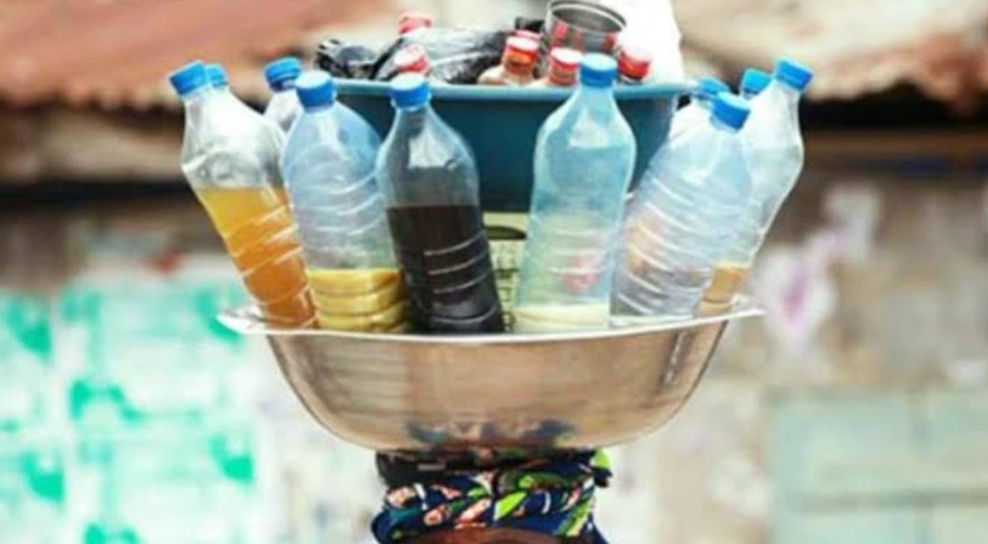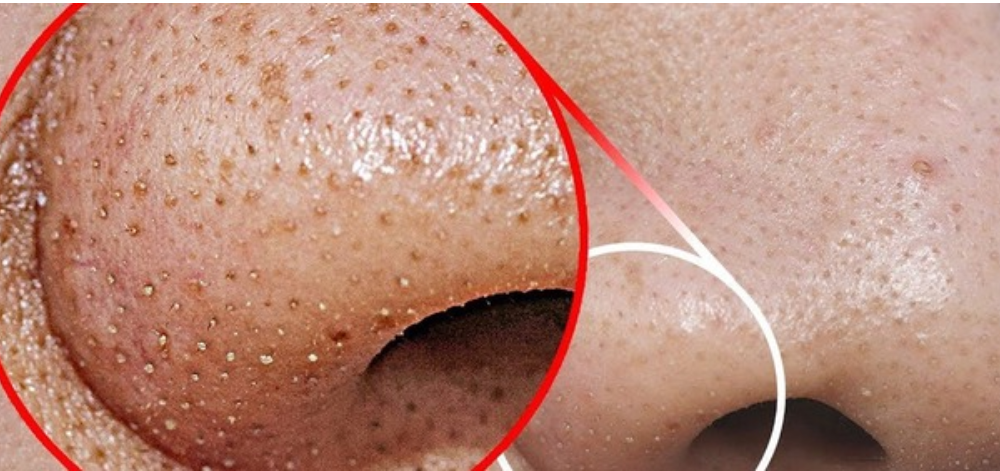The World Health Organization (WHO) states that traditional medicine is typically accessible, reasonably priced, and widely utilized across most of Africa, Asia, and Latin America.…Click Here To Continue Reading>>
Although the ratio may vary from nation to nation, the WHO estimates that over 80% of the population in underdeveloped nations still relies on traditional medicine for their Primary Healthcare (PHC) requirements.
Many Nigerians, particularly in the South-West, trust and rely on native herbs for medical treatment…Read Full Story…>>
One of the most well-liked herbal treatments used for a range of ailments, notably by the indigenous Yoruba people, is a combination known as “agbo,” which is the Yoruba word for herbal medicine.
Other tribes have also shown a lot of interest in and acceptance of agbo, which can be soaked in water, alcohol, or even palm wine before consumption.
According to Center for Disease Control numerous academic studies demonstrate that the greatest potentially fatal side effect of using herbal remedies is acute renal injury (AKI). Nearly 35% of all AKI cases in Africa are related to the use of herbal remedies. Southern Africa accounts for the majority of nephrotoxicity cases linked to herbal treatments in the continent. Consumption of potentially poisonous herbs, inaccurate identification of or substitution of non-toxic plants with toxic ones, contamination with non-herbal toxic substances, or interactions between these herbs and prescribed conventional medicines can all have nephrotoxic effects.
Medical professionals express concern about the side effects of taking Agbo, particularly for an extended period of time.…Click Here To Continue Reading>>
One of these worries is that it might harm the kidneys and liver. There are also worries about how it is prepared, including how it is handled, how much is needed for each condition, how long it will last, and when it will expire.
At a recent event to honor the 2019 World Kidney Day on March 14, experts emphasized the need of avoiding local herbs that can cause kidney disease.
This is due to the fact that the herbs are blended with other ingredients, including local gin, and because raw materials and fermentation contain poisonous chemicals.
They claim that the herbs purify their systems, however some of the ingredients in this combination really have a negative impact on the kidney. The kidneys may be harmed.
Because kidney damage cannot be reversed once it has occurred, it is much more cost-effective to prevent it. Even wealthy people cannot maintain, afford, or maintain dialysis.
Not to mention the masses who are not typically or financially able to take care of the sickness, they cannot even sustain or afford to undergo kidney transplantation.







